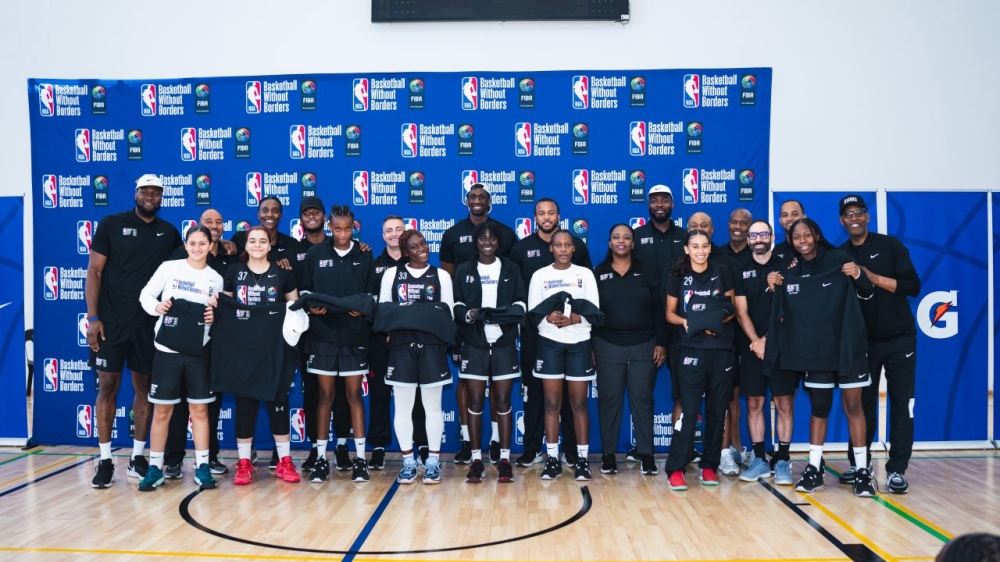EASTERN PROVINCE NYAGATARE — A Non- Government Organisation (NGO), Mission of Hope Rwanda, in partnership with the Ministry of Gender and Family Promotion, have launched a club to fight gender based violence at Umutara Polytechnic University.

EASTERN PROVINCE
NYAGATARE — A Non- Government Organisation (NGO), Mission of Hope Rwanda, in partnership with the Ministry of Gender and Family Promotion, have launched a club to fight gender based violence at Umutara Polytechnic University.
The club, Gender Based Violence (GBV) that was officially launched last Friday will address the human rights and developmental concerns at the university.
Augustine Kimonyo, of Mission of Hope Rwanda said, "It was our strategy to address these issues among the students at higher learning institutions. This is the second university after Kigali Independent University (ULK) to launch this club and we are soon launching these clubs in other universities.”
Kimonyo said the NGO is targeting universities to get people who will train others to spread the messages of GBV in secondary schools and local communities.
”We want them to be our ambassadors in their respective communities and homes,” he said.
Scovia Ntarame, another official of Mission of Hope, explained that the NGO urgently needed to launch the club at the university because GBV cases are high in Nyagatare district, compared to other districts.
"We are going to give them chance to work on their action plans and thereafter we shall help them to deliver the services to the public,” she said.
Speaking at a seminar organized for club members, at the university, Richard Kalimba, Umutara Polytechnic vice Rector in charge of finance and administration, urged students to eliminate GBV cases in their communities.
"We have to forget these gender based violence cases in communities. We can do this when we campaign against it in our societies and by motivating girls to compete with boys at all levels of education, business and politics,” Kalimba told the students. He attributed most GBV cases on socio-economic imbalances between females and males.
During the two-day seminar, participants were briefed on historical background of gender, gender in Rwanda context, gender and development. Other topics tackled included GBV and culture and national strategies against GBV.
Ends




